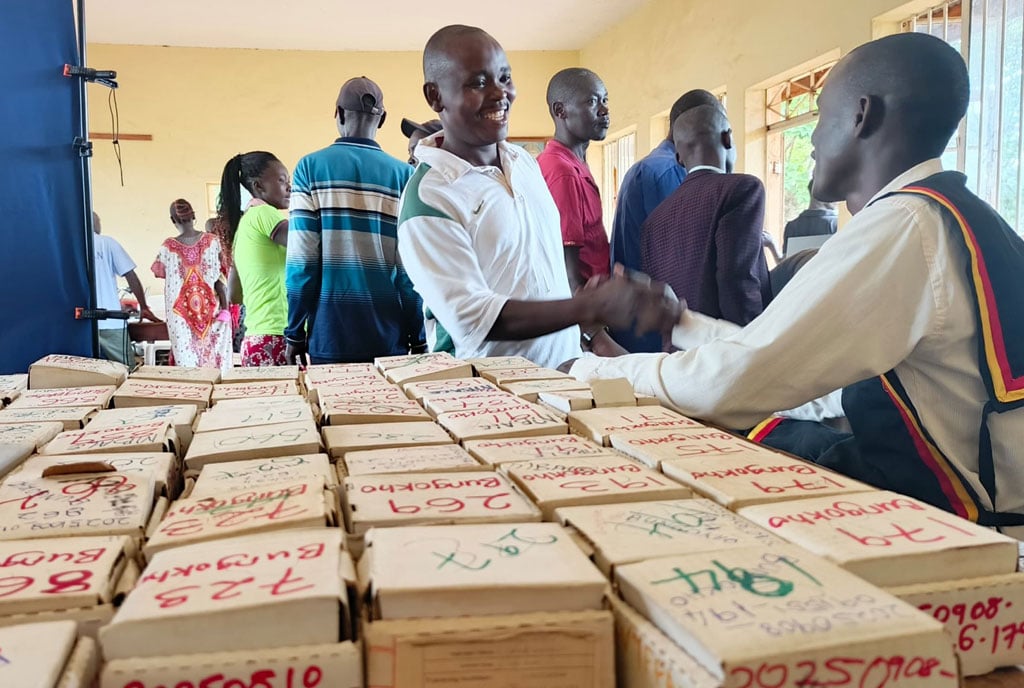
KAMPALA. The National Identification and Registration Authority (Nira) has announced that over five million national identity cards have been printed and are ready for collection, four months after launching a mass enrolment and renewal campaign aimed at issuing at least 33 million cards nationwide.
The ambitious exercise, which began on May 27, 2025, seeks to renew 15.8 million expiring IDs and register 17.2 million new citizens, as the country replaces cards issued a decade ago that are now expiring.
NIRA communications officer Peter Okwalinga told this publication that the IDs have been printed and dispatched across the country, including in Kampala, Wakiso, Mityana, and Tororo, and are now ready for distribution.
“The ID issuance was rolled out in the entire country. All districts have IDs, only that some haven’t shared how they will distribute them,” Okwalinga said on Tuesday.
He noted that Nira is improving communication systems to notify applicants once their cards are ready.
“We are currently improving our feedback channels to make sure whoever’s card is printed gets a message about where to pick it up. In the meantime, people can check for their cards manually at their registration areas,” he added.
The authority’s renewed push comes amid growing public concern over expired cards.
Uganda’s first batch of national IDs, issued between 2014 and 2015, began expiring in August 2024, leaving many citizens inconvenienced to access essential services that require valid identification, including banking, travel, and voting.
NIRA officials say the mass exercise is crucial ahead of the 2026 general elections, where IDs will be mandatory for voter verification.
According to NIRA Executive Director Rosemary Kisembo, the exercise will cost the government Shs666.85 billion, covering new card production, upgraded technology, and personnel.
Out of that, Shs183 billion will go toward purchasing new IDs, Shs293 billion for data centres and registration kits, and Shs190.85 billion to pay 13,864 workers engaged in the nationwide operation.
The rollout is seen as critical for improving service delivery, security, and electoral integrity.
Still, citizens across several districts have complained of slow feedback and limited information on collection schedules, a challenge NIRA says it is “addressing through enhanced communication systems and partnerships with local governments.”
“Our focus is to make sure every Ugandan who registered gets their card on time,” Okwalinga said.